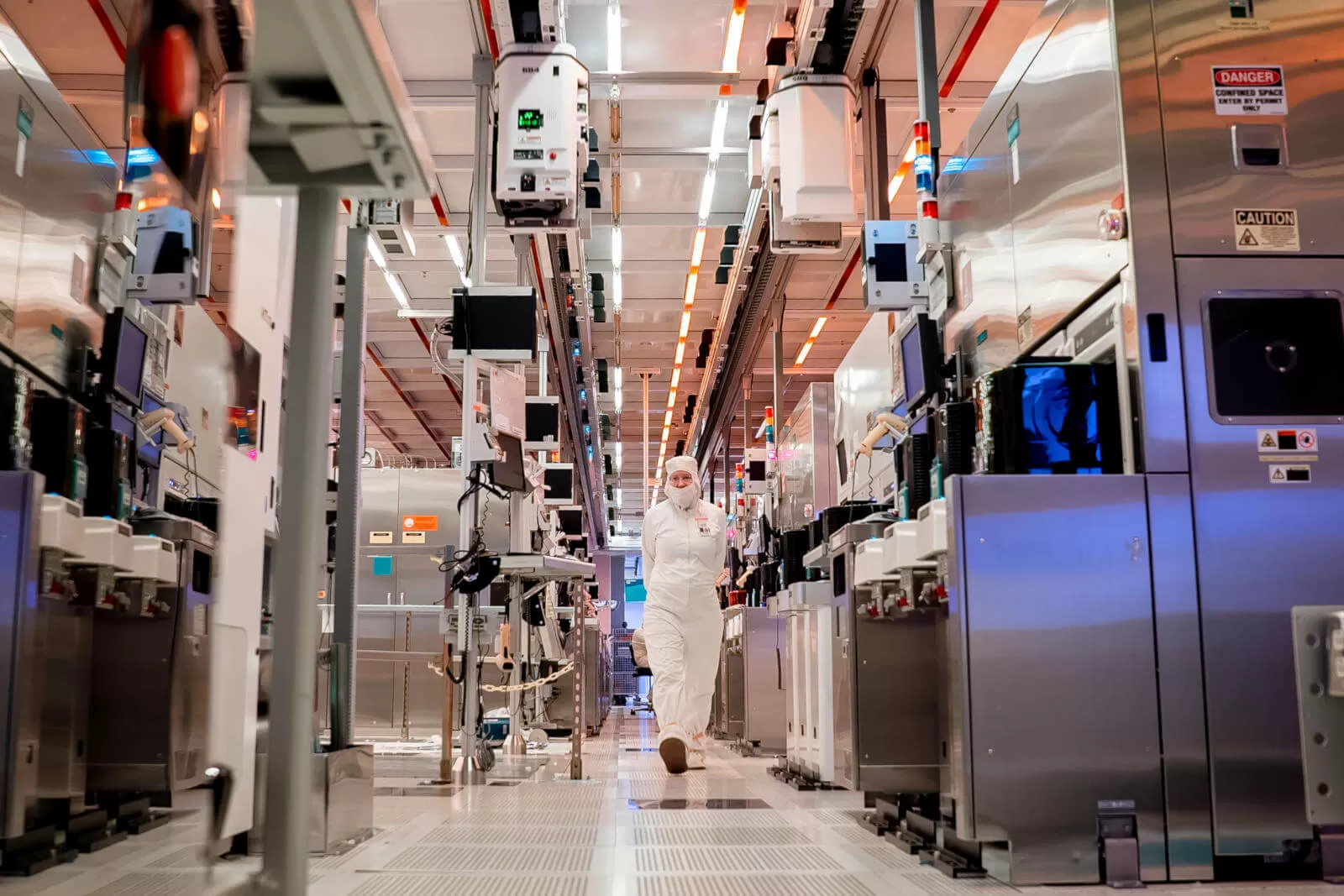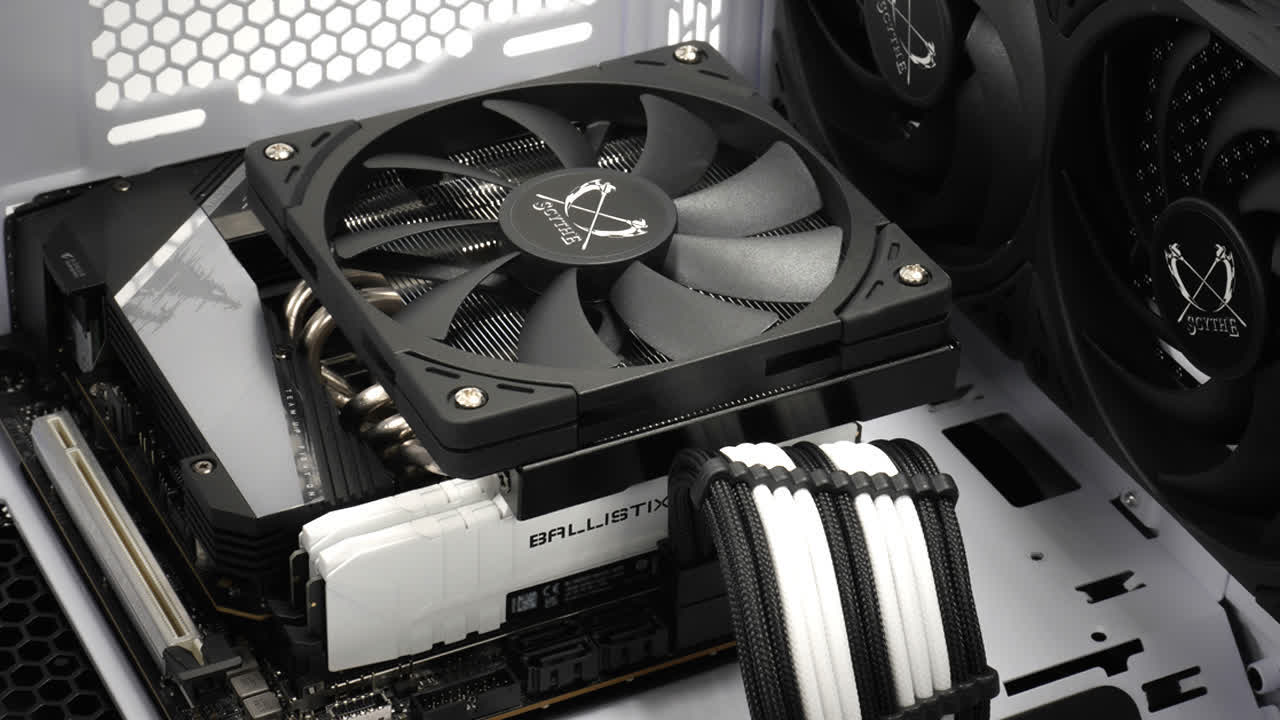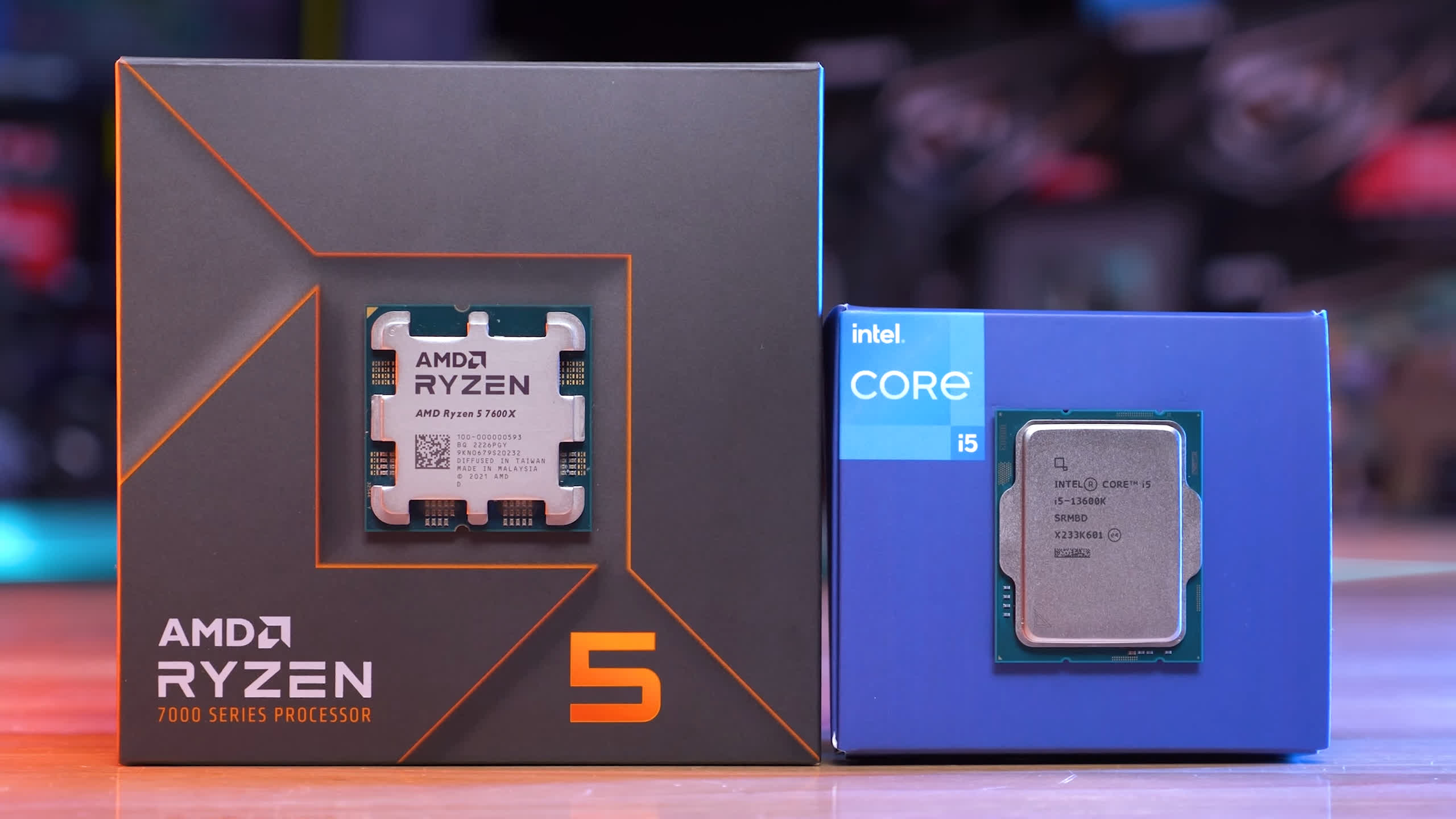Intel articles
MSI to release B760 motherboards that can overclock locked Intel CPUs
Chip inventories have overgrown as consumer demand continues to decline
Intel reorganizes its GPU division, remains committed to Arc
Intel may have cancelled Meteor Lake desktop CPUs in favor of a Raptor Lake refresh
Rumor mill: Rumors over the last year have painted a tumultuous picture of the development of Intel's 14th-generation Meteor Lake processors. The latest information takes things a step further regarding Intel's struggles to transition from its current CPU architecture suggesting the company has canceled Meteor Lake's desktop variants. The upcoming series might be struggling to match, much less exceed, Raptor Lake's clock rates.
More upcoming Raptor Lake CPU details leak including core counts, release dates, and tentative pricing
Intel Core i9-13900K overclocked to world record 9GHz, KS model's 150W base TDP revealed
Intel Atom successor spotted, an entry-level chip featuring i9-12900K E-cores
Intel B760 motherboard could receive price hike over B660
The Best CPU Coolers - Holidays 2022
How should you keep your CPU cool? The more powerful your CPU is, the bigger and better cooler you'll need, but rest assured our guide will cover many great options at every size and price point.
Intel teases Sapphire Rapids workstation CPUs coming "pretty soon"
New Intel Arc drivers bring some massive improvements to DirectX 9 performance
Intel to launch several new CPUs at CES next month, workstation and data center lineups later
GPU Architecture Deep Dive: AMD RDNA 3, Intel Arc Alchemist and Nvidia Ada Lovelace
Three vendors. Three new architectures. Three approaches to GPU design. Join us as we dive right into their semiconductor hearts and see how Ada Lovelace, Alchemist, and RDNA 3 contrast and compare.
Woman tries to enter China with over 200 Intel CPUs hidden inside fake pregnant belly
New Intel research charts a course to trillion-transistor chip designs by 2030
A new graphics card tops the Steam survey for the first time since 2018
What just happened? The latest Steam survey has arrived with a big change: a graphics card has knocked the GTX 1060 off the top spot for the first time since January 2018. November was also an excellent period for AMD CPUs, which reversed a months-long trend of declines to grab an almost 4% user share back from Intel.
AMD Ryzen 5 7600X vs. Intel Core i5-13600K: 54 Game Benchmark
Time for a massive benchmark comparison between the Ryzen 5 7600X and Core i5-13600K, covering 54 games across three resolutions using the GeForce RTX 4090.
Home Depot for DIY Chips: What's the going trend?
The big picture: Earlier this year we were reviewing Analyst Day slides from leading semiconductor companies and a clear theme emerged. Large companies are all shifting in a similar direction, posing some potential challenges for their long-term positions. More and more customers are looking for special purpose chips, a coping mechanism for dealing with the slowdown in Moore's Law. And the big players are all looking to support those customers.
Intel boosts Arc performance with new drivers, unveils XeSS plugin for the Unreal Engine
The Best CPUs: Productivity and Gaming
With readers constantly inquiring about which CPU they should buy, and after all the extensive testing you're familiar with, the TechnicalSides CPU buying guide narrows things down to a handful of recommendations you can trust.
























